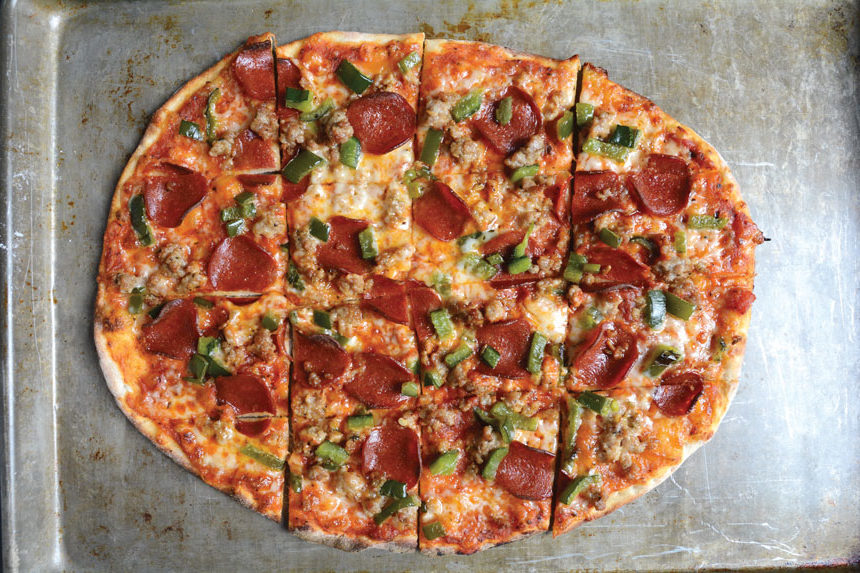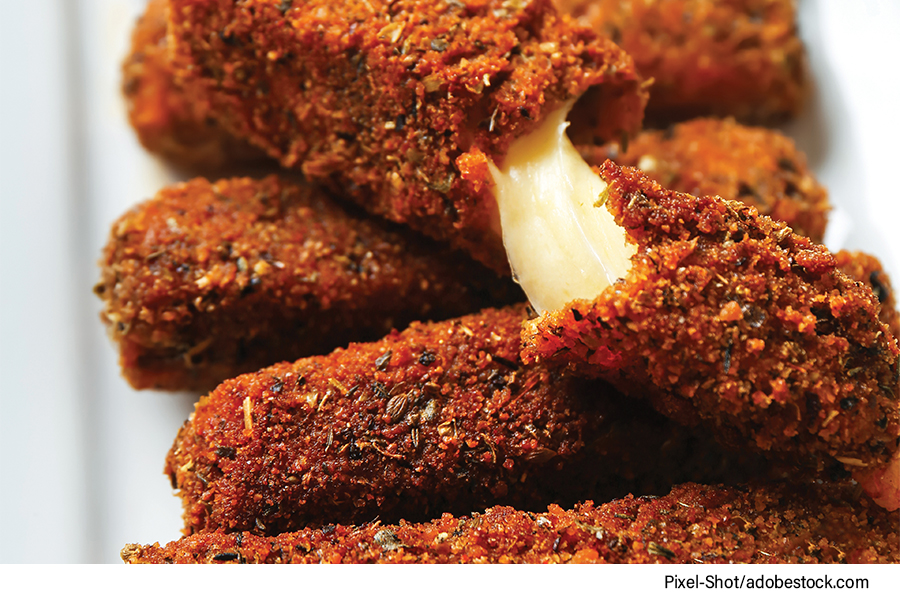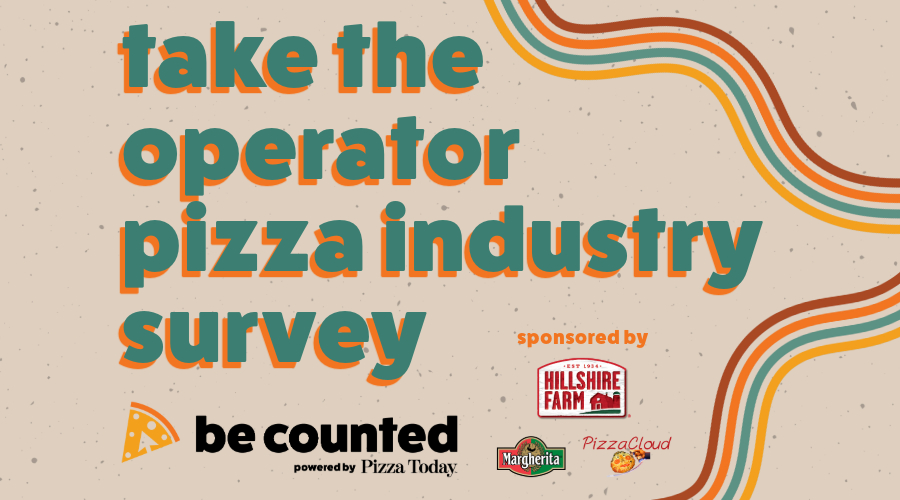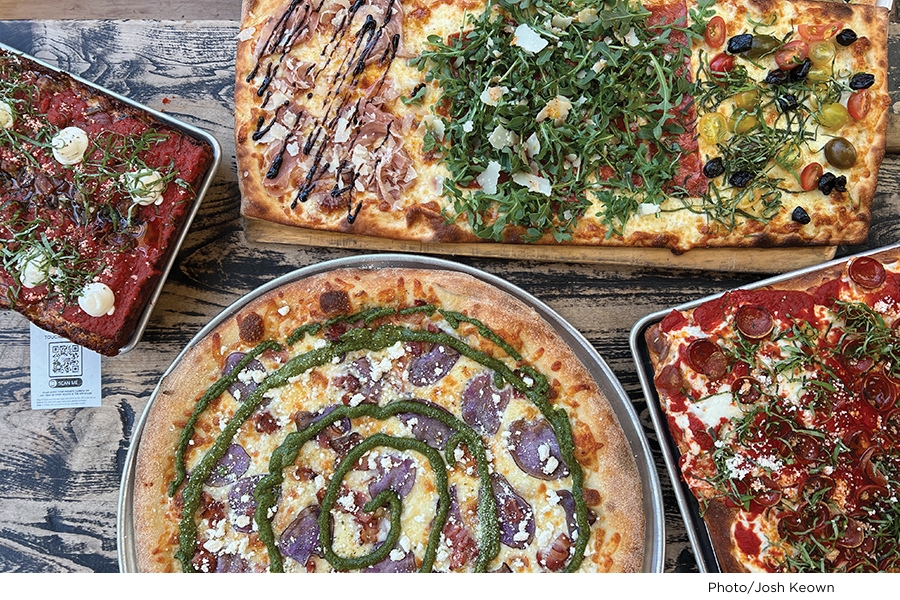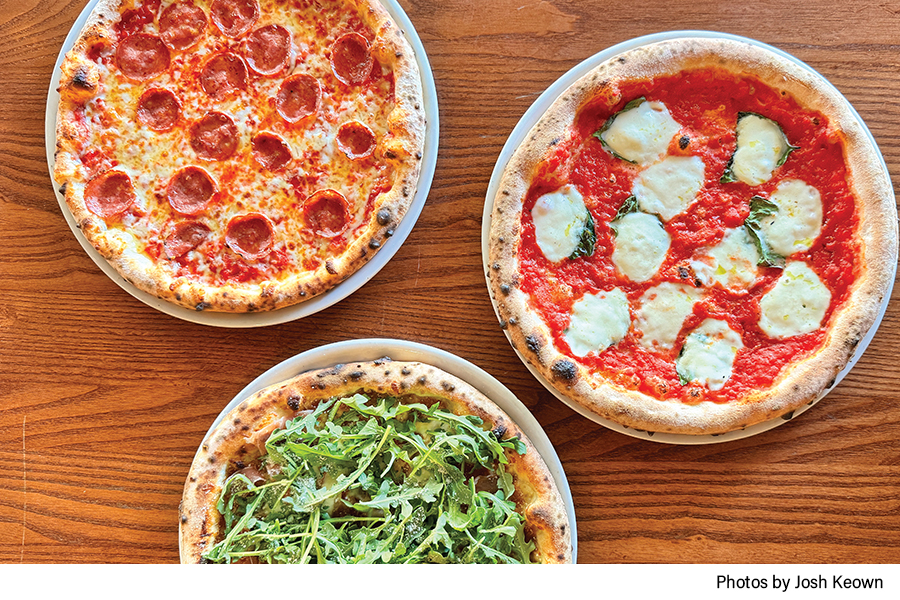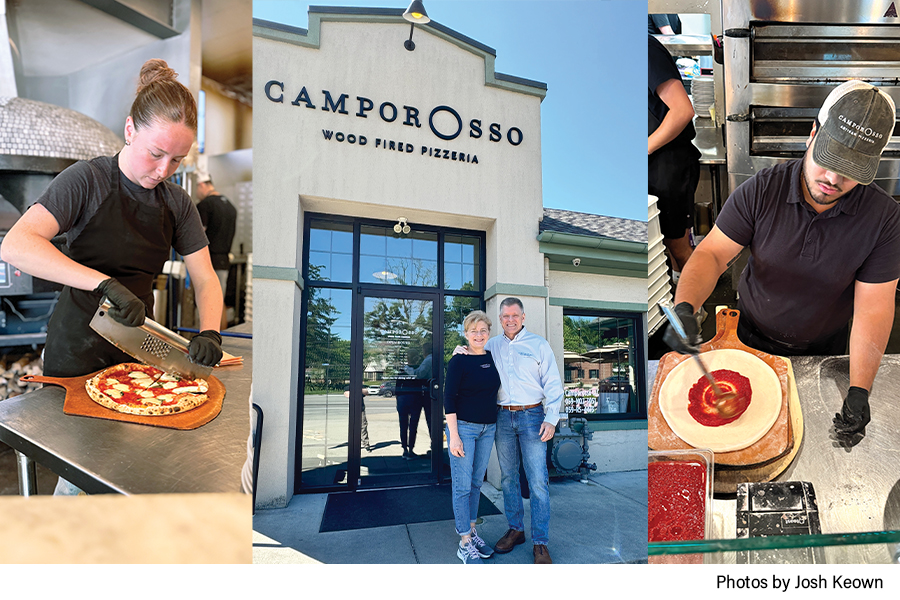Achieving longevity takes a willingness to continue learning and embrace change
 A wise king once said that eternity was in the heart of man. The truth is that mankind looks toward his future without setting an end date for his life. Starting a business is much the same: we look forward to success, not failure. On opening day we are full of hopes and dreams, yet the reality is that the average lifespan of a restaurant is merely five years with up to 90 percent of independently owned restaurants closing in year one. Not exactly the probability one hopes for. How can you overcome this? Let’s look at the practices and mentality of pizzerias that have beaten the odds. What common traits do they have?
A wise king once said that eternity was in the heart of man. The truth is that mankind looks toward his future without setting an end date for his life. Starting a business is much the same: we look forward to success, not failure. On opening day we are full of hopes and dreams, yet the reality is that the average lifespan of a restaurant is merely five years with up to 90 percent of independently owned restaurants closing in year one. Not exactly the probability one hopes for. How can you overcome this? Let’s look at the practices and mentality of pizzerias that have beaten the odds. What common traits do they have?
First, have the right intentions when going into business. If you want to make it as a pizzeria owner, you have to love what you do. Passion, love and respect are qualities we see in older, yet vibrant, pizzerias. Note Dominic Mineo, co-owner of Pittsburgh’s 60-year-old Mineo’s Pizza House: “Don’t cut corners, and prepare a quality product like you would want it prepared for you.” Mineo was taught this by his father, Giovanni, an Italian baker. The senior Mineo’s passion for making pizza was acquired from his mother, and he in turn passed this on to his sons.
John Arena, co-owner of Las Vegas-based Metro Pizza, has been making pizza for 51 years. “What keeps us going is the joy of our craft,” Arena says. “Show me an operator who isn’t happiest when they are actually making pizza and I will show you someone who is going to burn out. The key is to approach each day with a beginner’s mind. We should face the challenges of our business with a sense of joy and be open to the many possibilities.” Arena, like Mineo, was taught by his father, who instilled in him a sense of pride and respect for the trade.
It’s notoriously tough to make success of a restaurant, so you need a head for business as well as some of the best food in town … the key word is the b-word: business. The business must make money to be sustainable. JB Alberto’s, a Chicago delco founded in 1965, is owned by Tony Troiano. He applies business principles taught to him by his father. Troiano states that “There is no silver bullet. It is a combination of many things. A great product is just the price of admission to your market. Without that you won’t last six months. Beyond that marketing must be in place — you always want to be top of mind when the decision to order a pizza is made.”
In 1958, when Mineo’s was founded, location was the key to their marketing. Giovanni Mineo chose a storefront on a busy street with much foot traffic, surrounded by homes, schools and businesses. This created the elusive ‘Word of Mouth’ that launched the pizzeria into the limelight at a time when pizza was considered a snack or bar food.
An awareness of community appears to be an essential quality needed to help a business thrive. Located in a melting pot, Arena acknowledges: “We try to maintain a clear vision of who we are and what we represent as a part of the community. We never forget that we are first and foremost craftsmen who are commissioned by our guests to create the pizza they envision. It is an honor to be able to collaborate with our guests. As one of the oldest continually operating family pizzerias in Las Vegas our mission is to constantly be improving and setting an example of dedication. We never stop learning.”
Mineo also listens to his community. A unique aspect of his pizza is the cheese: a blend of two types of provolone cheeses, a taste seen mainly in western Pennsylvania. Over their 60 years in business the Mineo menu has evolved as well, from simple pasta dishes and pizza to a variety of hoagies and dinners meeting the customers’ needs of convenience and variety.
How do these long running establishments keep relevant? Arena brings a great thought to the fore: “Often, long-time operators will declare ‘I haven’t changed in 50 years.’ That may be so, but your guest sure has changed.”
Arena adds: “To stay in touch with our new generation of guests it is vital to respect the preferences and choices they make. We must observe and listen with an open mind. You must be able to distinguish the difference between a fad and a trend. Chasing a fad requires speed and a sense of when to get in and when to get out. Recognizing a trend requires long-term commitment and investment.”
Troiano concurs: “While we like to think that great pizza alone keeps them coming back, we have to remember the importance of technology in our current lives. We were the first independent in the City of Chicago to have a fully integrated online ordering app. At the time when the big three pizza chains were spending millions to boost their online sales, I wanted to piggy-back on all of the marketing dollars they were spending.” Troiano’s online sales are currently at 30 percent and growing every year.
Fountain of Youth
In St. Augustine, Florida, the oldest city in the U.S., there’s a tourist attraction dating back to 1513. The Fountain of Youth is a spring that supposedly restores the youth of anyone who drinks or bathes in its waters. Figuratively we pizzeria operators can drink of that fountain by applying the tactics used by the many successful operators across the country.
- Passion instilled by heritage or culture
- Quality equaling what you would proudly serve your own family
- Business plan — Your family’s well-being depends on it
- Marketing – Maintain Top of Mind Awareness
- Community interaction / involvement
Tony Troiano of JB Alberto’s in Chicago advises: “It’s easy to be complacent when things are going good, but you must remain hungry because there is always a competitor ready to serve your customers.”
Scott Anthony is a member of the World Pizza Champions and owns Punxsy Pizza in Punxsutawney, Pennsylvania. He is a frequent speaker for the Pizza Expo family of tradeshows.

